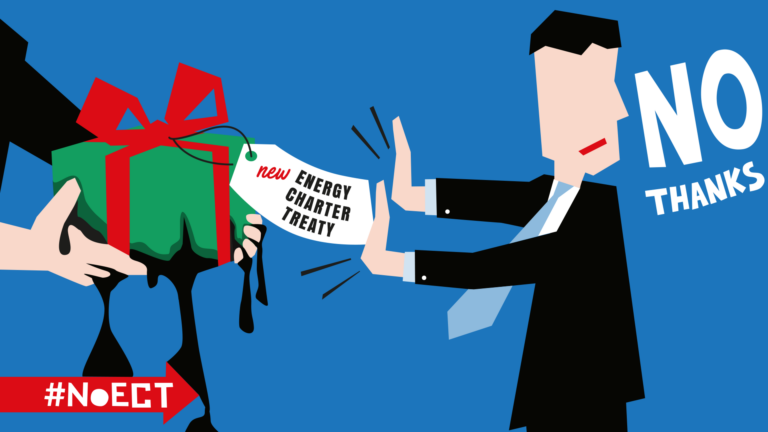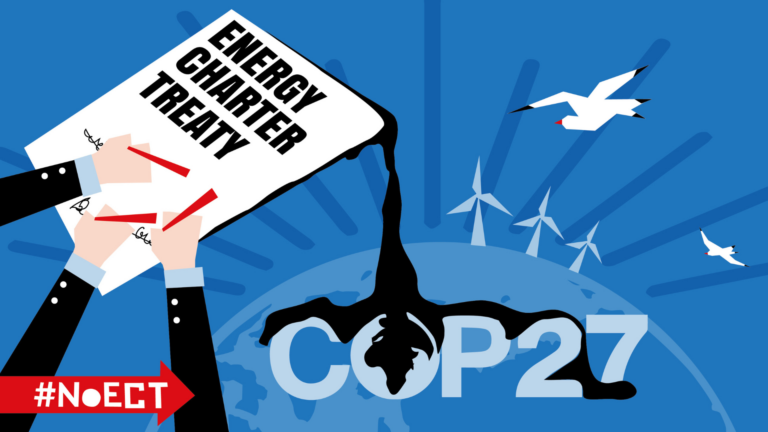
Dutch Bilateral Investment Treaties
60 years of protecting multinationals
This report examines the bilateral investment treaty network that the Netherlands has proactively crafted over the past 60 years and how the treaties have contributed to strengthening corporate power around the globe.
As a major offshore financial centre, the Netherlands has been a driving force behind the creation of a transnational legal space in which multinational corporations and billionaires move and store their globally extracted wealth. Dutch BITs have enabled foreign investors to claim a total of USD 105 billion in taxpayer money for different types of government regulations worldwide affecting the value of their assets. In particular, the legal form and complex structures that corporations have attained are the main mechanisms through which property claims are made to protect wealth and financial returns.
Notably, 71 per cent of the claims under Dutch BITs are filed by Special Purpose Entities that are owned and controlled by some of the largest corporations and the richest people in the world. The fossil fuel industry, in particular, has claimed a staggering USD 55 billion under Dutch BITs in compensation for government regulations in the oil and gas sector, of which USD 11.5 billion has already been paid out. These sums put huge financial pressure on governments across the globe and may divert public money reserved for clean energy transition programmes and alleviating energy poverty, as well as other crucial public services.
As the world faces huge and interconnected challenges, the termination of BITs and the abolition of ISDS should be crucial steps in dismantling the structural enablers of corporate power that inhibit the transition to equitable, democratic and environmentally sustainable societies.
Do you need more information?
-

Bart-Jaap Verbeek
Researcher
Partners
Publication
-
Download: Dutch Bilateral Investment Treaties – 60 years of protecting multinationals (pdf, 2.11 MB)
Related content
-
Governments should remove the threat of ISDS to climate goalsPosted in category:Published on:Statement
-

-

-

-
 Shell pressured Nigeria with ISDS process to obtain oil field OPL 245Posted in category:News
Shell pressured Nigeria with ISDS process to obtain oil field OPL 245Posted in category:News Bart-Jaap VerbeekPublished on:
Bart-Jaap VerbeekPublished on: -
 Dutch court dismisses damage claims by RWE and UniperPosted in category:News
Dutch court dismisses damage claims by RWE and UniperPosted in category:News Bart-Jaap VerbeekPublished on:
Bart-Jaap VerbeekPublished on: -
 The Netherlands wants to exit Energy Charter TreatyPosted in category:News
The Netherlands wants to exit Energy Charter TreatyPosted in category:News Bart-Jaap VerbeekPublished on:
Bart-Jaap VerbeekPublished on: -

-
 Urgent call to the Dutch government: exit the Energy Charter Treaty nowPosted in category:News
Urgent call to the Dutch government: exit the Energy Charter Treaty nowPosted in category:News Bart-Jaap VerbeekPublished on:
Bart-Jaap VerbeekPublished on:

